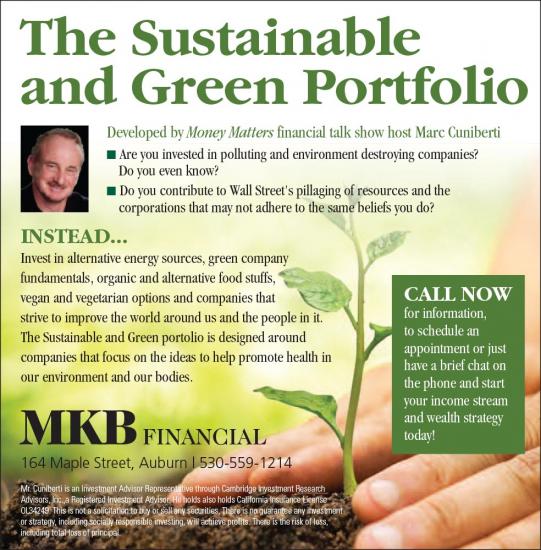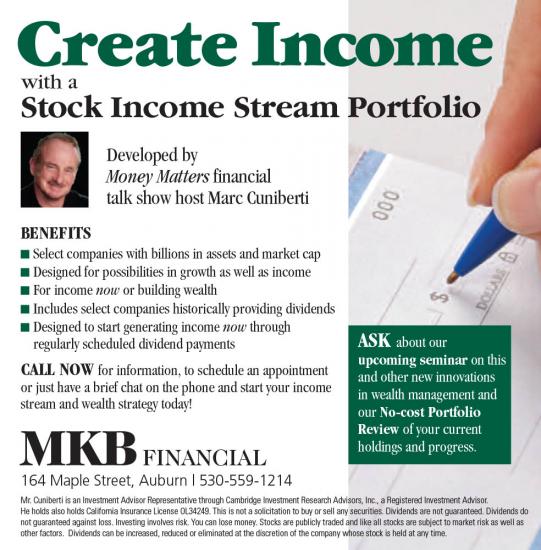
Do you know where your money is? Update March 23, 2019

Do you know where your money is?
252929
Welcome Money Matters fans,
Knowing where your money is an important aspect of an investment plan. Like knowing where your kids are, knowing where your money is may help not lose some of it.
As an advisor, I have clients that tell me they might not want own this or that because of moral convictions. Others try and second guess the economy based on what they might feel about the administration, their view of the unemployment environment, or perhaps which way the wind blows.
Although not owning something due to a moral conviction is a valid one, second guessing which way the market will go is impossible for the experts, let alone the novice retail investor like Mr. and Mrs. Smith on Main Street.
You can however at least get a feel as to what your money is invested in to start down the road of being a better investor.
You might not fully understand the entire investment makeup of the portfolio but knowing at least what asset classes you’re in and what kind of companies you hold will go a long way in improving your knowledge of money. After all, investing is more like a sociological study then a science. There are many outside events that can influence overall market direction. The more eyes looking at a portfolio the better.
For example, do you think there is a lot of debt in the world today?
If you do, you might not want to own a lot of bonds. That’s just another word for debt. Bonds can also be held in “Income” funds or other funds with names indicating they hold a wide variety of investments, bonds being one of them.
High income funds or funds that have the name “high yield” in them might hold what is called “junk bonds”. These are riskier than an investment grade bond. They hold these to get that “high” yield. If you told your advisor you a conservative investor, perhaps he placed you in something that has higher risk investments. Knowing what is risky and what is safer will help you steer him in the right direction if he took a wrong turn somewhere or misunderstood your risk profile.
Momentum funds trade on something like the waves of favor sort of speak. Certain formulas and methods are used to track which way the investing wind is blowing then managers of these funds put a money sail up to catch it, the sail being just my metaphor for buying certain stocks they think might move in the upward direction.
A “dog” fund might hold out of favor Dow stocks while an ETN fund (don’t confuse this with an ETF) might not hold anything at all. ETN stands for “Exchange traded note” and its movement relies on the managers ability to track an underlying investment area of some sort.
A leveraged fund ratchets up the risk by in essence “doubling down” and these can fall in value just because the clock is ticking. They also can move faster than the overall market, meaning they are more volatile. A contrary fund (versus some funds that may have the word “contrarian” in them) or bear fund might actually be designed to move opposite the general market.
Like knowing where you kids are, knowing what your money is invested in may be just as important and probably a good practice for you to considerer.
Have questions? Let me review your portfolio and tell you where your money is. No cost and no obligation!
I"ll buy the coffee.
Stay Tuned
"Watching the market so you don't have to"
Marc
 \
\
Call for more information on this planet friendly portfolio
Make sure your funds are going green!

Need income and for the future?
Call for information on this portfolio







